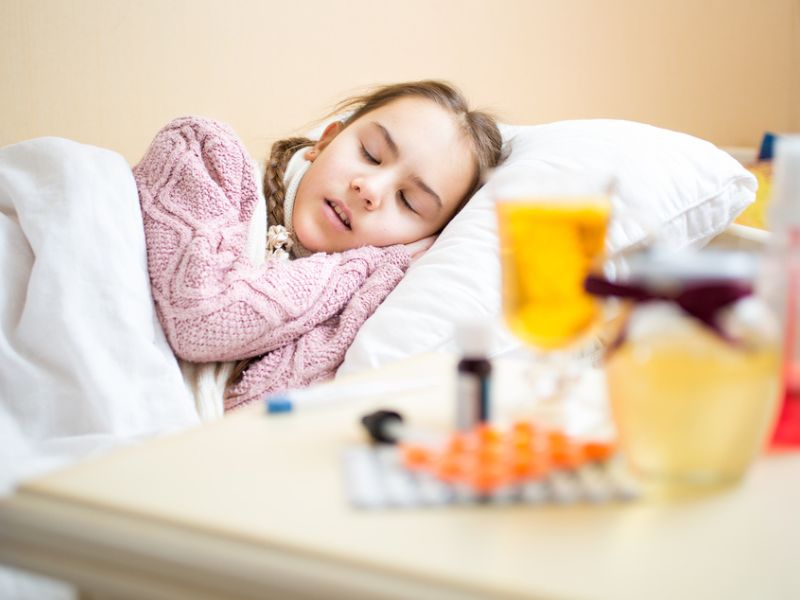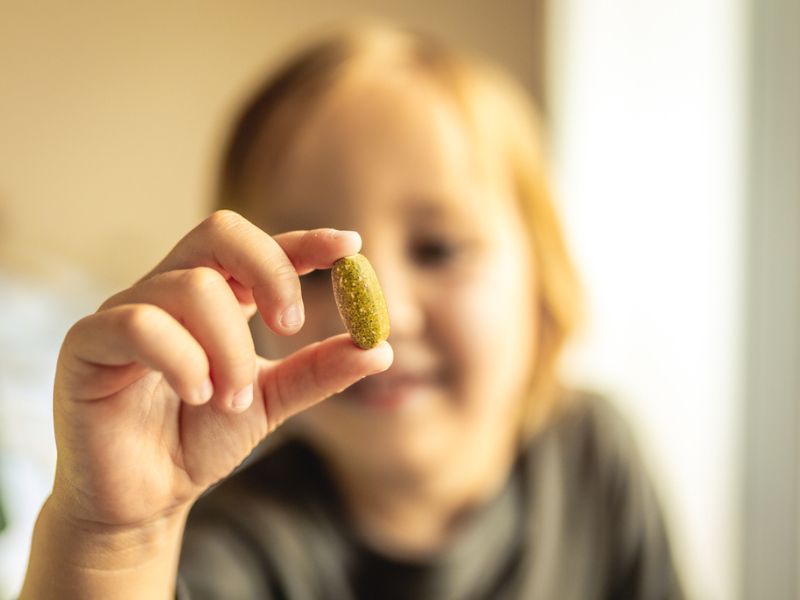A version of the same sleep-regulating hormone produced by your body, easily and inexpensively available over the counter, that might help you — or your child — fall asleep: Those who are thinking, “Sounds worth a try,” are the same as those who are buying melatonin.
Melatonin appears to offer a safer alternative to sleeping pills, which require a prescription, can become habit-forming, and aren’t recommended for children. From $285 million in sales in 2016 to $821 million in 2020, its popularity has soared.

Image Credit: Shutterstock/kryzhov
Despite the potential danger of melatonin when consumed in large doses, it has become so common in homes that by 2020 it was the most commonly reported substance ingested by children, according to the Centers for Disease Control and Prevention (CDC).
- Poison control centers reported 530% more pediatric melatonin ingestions from 2012 to 2021.
- S. poison control centers reported it as the most common substance ingested by children by 2020.
- Between 2012 and 2021, pediatric melatonin ingestion increased by 530%
- Overdoses of children younger than 5 occur most frequently at home and are unintentional
- 7% were hospitalized, 1% required intensive care, and two children died
- Sleep disturbances in children with autism can be treated with melatonin
Parental Guidance on Supplements
Food and Drug Administration regulations do not apply when using melatonin as a dietary supplement. The manufacturers of melatonin should not necessarily be trusted when it comes to representing their products truthfully.

Image Credit: Shutterstock/Jason Ligon
How To Ensure Children Sleep Well?
- Maintaining a consistent bedtime, reducing light levels in the bedroom, and knowing how much sleep your child requires at their age.
- Anyone who has trouble sleeping should limit screen time before bed.